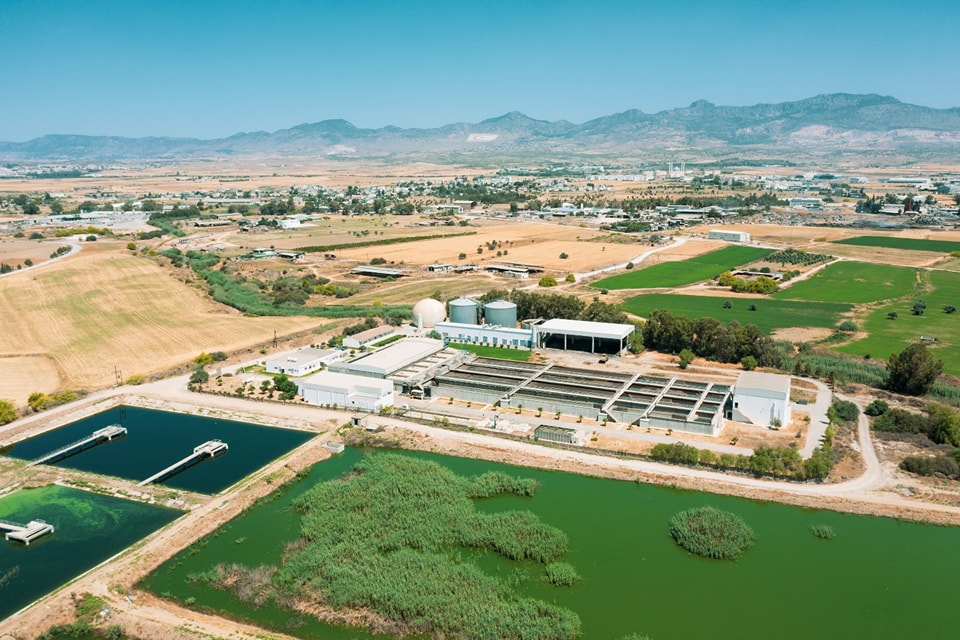
A complaint has been filed to the Council of Europe over the draining of wetlands near the bicommunal sewage treatment plant in Mia Milia, conservation biologist Robin Snape said on Monday.
Speaking to the Cyprus Mail, he said the complaint had been filed in relation to the Council of Europe’s convention on the conservation of European wildlife and natural habitats, also known as the Bern Convention.
The complaint had been filed, he said, because “global industry standards require that offsets, or net gains, are needed for this kind of project working in a globally recognised bird conservation site”.
In other words, a project of the nature of that being undertaken to renovate the Mia Milia sewage treatment plant should not, according to the convention, subtract from the available natural resources in which wild birds are present.
To this end, he said, bird conservation group Kuskor, of which he is a committee member, and its various partners will continue to push for a list of demands which they say will bring the project towards compliance with the Bern Convention.
Those demands included that further wetland habitat be created within the area which would “make up” for the lagoons which were dried up, with Snape saying that as much as 75 per cent of the lagoons have now been dried up.
Additionally, they demand that a management plan be implemented to conserve the remaining wetlands, and that the whole area be recognised by the Turkish Cypriot authorities as an “important bird and biodiversity area”.
An important bird and biodiversity area is an area identified using an internationally agreed set of criteria. The sites are identified by BirdLife International, with over 13,000 such sites now existing worldwide.
He said the Turkish Cypriot authorities, “failure to do that is in part to blame” for the reduction in available bird habitat in the area, and that the European Union and the United Nations Development Programme “have no excuse for not recognising the site”.
This non recognition of the site, he said, “is a bad example to industry and national and local authorities in both communities” on the island.
The Nicosia Turkish Municipality (LTB) had said last week that they had submitted an environmental impact assessment report and held a public participation meeting on the matter, and that they had taken Kuskor’s positions into account.
However, responding to this point, Snape said Kuskor’s opinions have only been considered by the LTB since 2021, and that “they had already dried more than half the site before that, and with no stakeholder engagement, ignoring out outreach and letters.”
“So, by no means are our recommendations fully implemented,” he added.
The LTB’s position last week had been that with the renovated plant being commissioned, the amount of wastewater being accepted at Mia Milia “decreased significantly”, which caused some of the lagoons in the area to “naturally dry up”.
To this end, it pointed out that Mia Milia is not a natural wetland, and that as such, the lagoons only exist because of the water treatment plant next to them.
“The remaining lagoons have remained alive thanks to the clean water being supplied to them by the LTB,” they said.





